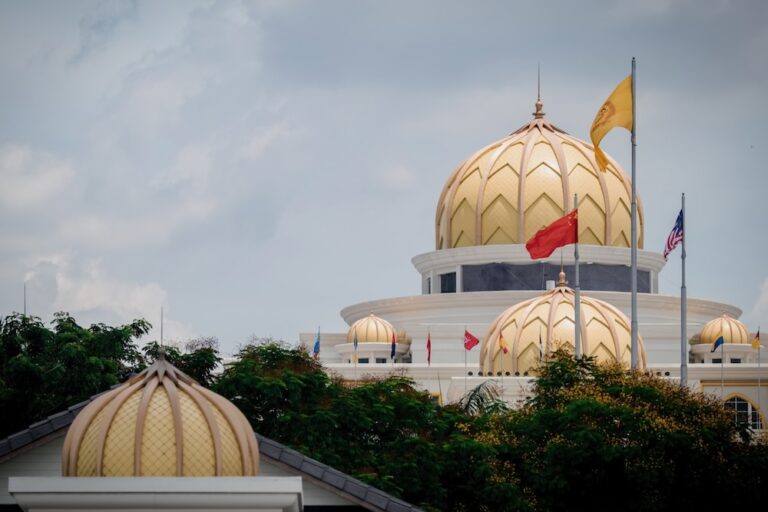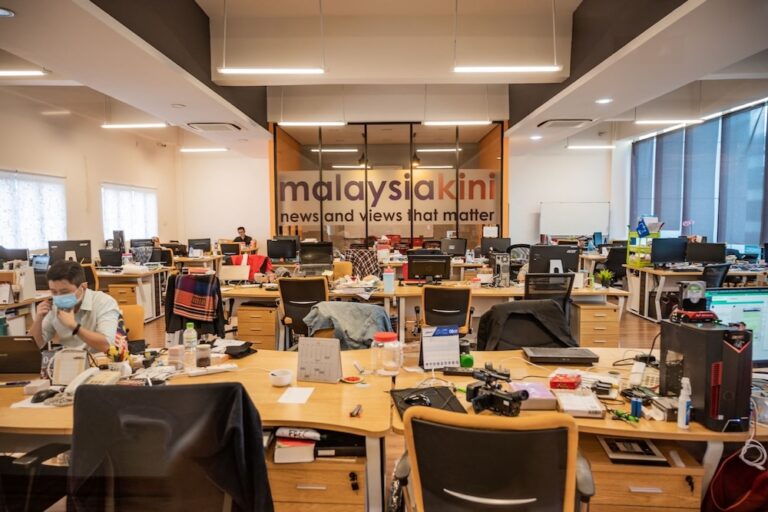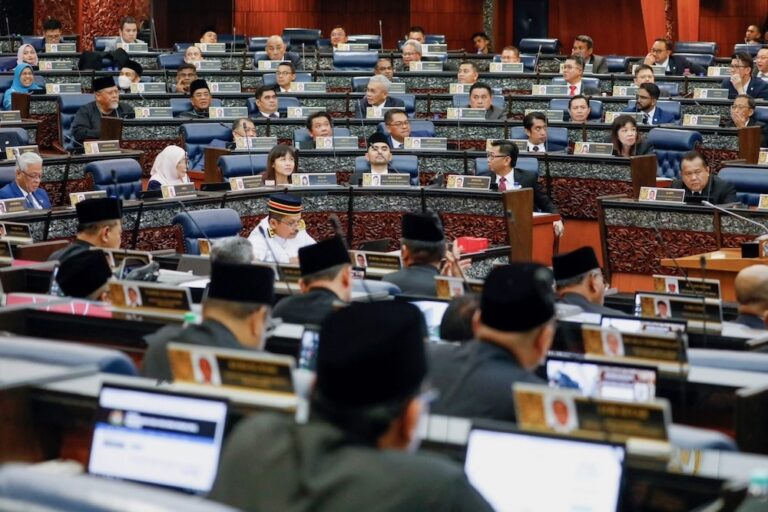In a 3 March 2000 letter to Home Affairs Minister Datuk Seri Ahmad Badawi, RSF protested against threats issued by members of the government against the newspaper “Harakah”. The threats came a day after the ministry’s decision to reduce the periodicity of the opposition newspaper from biweekly to fortnightly. RSF said the change seemed like […]
In a 3 March 2000 letter to Home Affairs Minister Datuk Seri Ahmad Badawi, RSF protested against threats issued by members of the government against the newspaper “Harakah”. The threats came a day after the ministry’s decision to reduce the periodicity of the opposition newspaper from biweekly to fortnightly. RSF said the change seemed like censorship and asked the minister to restore “Harakah”‘s previous licence immediately. The organisation condemned “all pressure on the private media” and underlined that “the closure of the newspaper will constitute a grave violation of press freedom”. Once again, RSF called on the authorities to “liberalise the Printing Press and Publications Act”. Since the re-election of Mahathir Mohamed as prime minister on 29 November 1999, at least five publications have been threatened with the withdrawal of their licences. One of them, “Detik” magazine, has been unable to publish since December because the ministry did not renew its licence.
According to RSF’s information, on 2 March the government announced that “Harakah”, a Malay-language biweekly published by the Parti Islam SeMalaysia (PAS, Islamist), would be closed if it did not respect the conditions of its new licence or if its online edition was updated more than twice a month. The day before, the ministry of home affairs had told the publisher of “Harakah” that he was no longer authorised to publish twice a week, only twice a month. According to managing director Hishamuddin Yahya, this means that the 3 March edition will not be published. The government’s decision follows threats made on 24 December warning of action if the newspaper did not restrict sales to party members, and the editors had respected that condition since January. Before the attacks, “Harakah” sold more than 300,000 copies from news-stands.
The editor of “Harakah”, Zulkifli Sulong, and the newspaperâs printer are currently being prosecuted for “sedition” and their trial is due to start on 22 May. They face a three-year jail sentence if found guilty. In its 2 August 1999 issue, “Harakah” published an article written by an opposition leader which was considered
“seditious” by authorities. The politician accused the media of supporting the legal authorities in their persecution of former Prime Minister Anwar Ibrahim.


